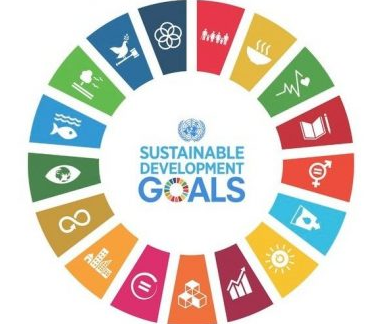IPEN Beyond 2020 Perspectives for SAICM's 3rd Open-Ended Working Group

Read more about IPEN's vision for the future of chemical safety in our Perspectives for OEWG-3 here.
Learn more about IPEN's activities during the OEWG-3 here.
The Strategic Approach to International Chemicals Management (SAICM) will hold its 3rd Meeting of the Open-Ended Working Group (OEWG-3) from 2- 4 April, 2019 in Montevideo, Uruguay and IPEN will participate. SAICM is the only international agreement that addresses the full range of known and newly discovered health and environmental concerns associated with the production and use of chemicals. The 2006 decision that established SAICM expires in 2020 and now there is a global process (the "Beyond 2020" process) to determine what comes next.
The Beyond 2020 process has one required result: It must, “develop recommendations regarding measurable objectives in support of the 2030 Agenda for Sustainable Development.” In response, the IPEN Steering Committee adopted a one-page Toxics-Free Sustainable Development Goals (SDGs) Pledge in October 2018 that explains actions for a toxics-free future that are essential for sustainable development. This reflects a series of papers on relevant Beyond 2020 topics developed by IPEN and the Pesticide Action Network (PAN) in 2017, including measurable objectives in support of Agenda 2030.
In our view, a new global agreement on chemical safety should include both an upgrade to SAICM (SAICM2.0) and an enabling framework, and include the following features:
- A timeless vision and broad scope that encompasses the entire lifecycle including wastes;
- An enabling framework that acts as an umbrella for all chemicals-related agreements whose elements are endorsed by a ministerial declaration in 2020 that is subsequently adopted by the UN General Assembly;
- New and additional, adequate, sustainable and predictable finance mechanism accessible to all relevant stakeholders to address chemicals and waste issues;
- Measurable contributions to the Sustainable Development Goals; and
- Open, inclusive and transparent participation by all stakeholders with a multi-sectoral approach.
